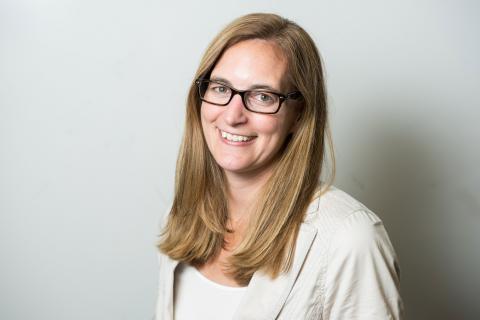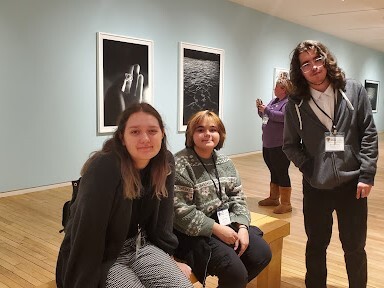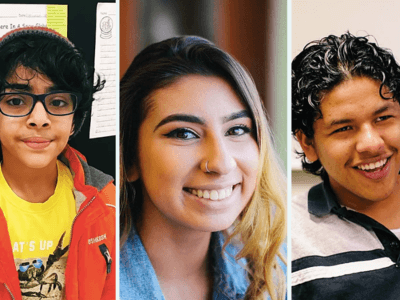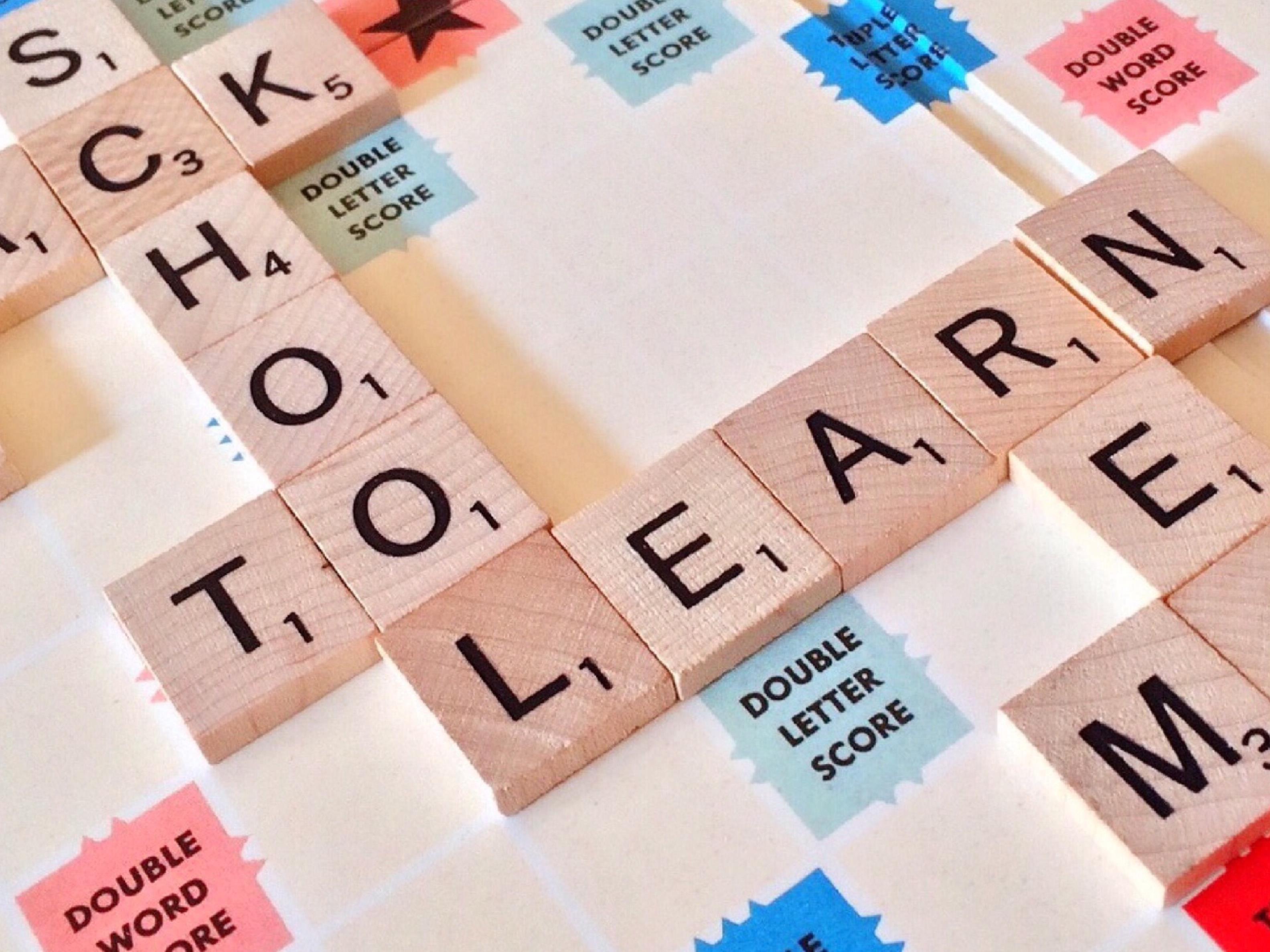Reimagining Assessment
Measuring Social-Emotional Learning and Habits of Success
Topics

Educators are rethinking the purposes, forms, and nature of assessment. Beyond testing mastery of traditional content knowledge—an essential task, but not nearly sufficient—educators are designing assessment for learning as an integral part of the learning process.
Pick up some resources and strategies from Summit Public Schools and other schools and districts that are creating targeted assessments for social-emotional learning.
At Summit Public Schools, “Habits of Success” are one of four key domains of what students need to be ready for college and career. The personalized learning model at Summit incorporates opportunities to learn and develop these habits alongside cognitive skills, content knowledge, and real-life experiences (Expeditions), as shown in the following graphic. As the graphic describes, Habits of Success “empower students to self-direct their learning and develop the habits that are invaluable for college and life success.”
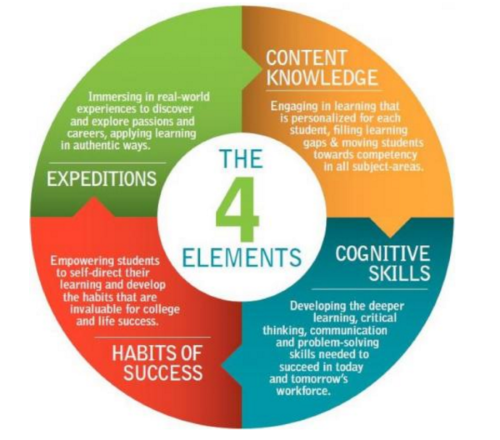
The Habits of Success:
- Emotional Intelligence
- Self-Directed Learning (SDL)
- Learning Strategies
- Academic Mindsets
- School & Classroom Culture
As Summit works to intentionally help students build these skills and habits, how do they know if they are successful? How do they know where their students are developmentally or how much growth they have achieved? Through their Assessment for Learning Project (ALP), Summit is creating targeted assessments for learning for each of the five habits. Learn more about their ALP work on their grantee page
In Measuring What We Value Through Multiple Forms of Assessment, one of eight case studies in NGLC’s newest report, Measures That Matter Most, we describe how Summit assesses these five habits. The case study includes a slide deck that defines each of the five habits, why each of them matters, and how the school currently assesses it.
The case study looks at Summit’s assessment of all four domains of its college and career readiness model. Check it out to learn more about how assessment of the habits is interconnected across domains in their comprehensive approach.
Other ALP grantees working on the assessment of social-emotional learning include the following:
- WestEd. This project centers on student agency within both learning and assessment. WestEd is piloting teacher professional learning. NGLC’s Tony Siddall will share more about their project in a blog next week.
- Fairfax County Public Schools. The project led by Fairfax County Public Schools creates a Networked Improvement Community of districts across Virginia to develop student-led assessment practices. The districts are working to implement student-led learning assessment such as student-curated portfolios, exhibitions of learning, and student self-assessment rubrics.
If you’re looking for more resources related to assessment of social-emotional learning like the habits of success, Getting Smart is in the midst of a blog series on this topic, in partnership with ProExam:
- 3 Reasons SEL Assessments Aren’t “Just Another Test”
- Infographic | Why It Is Imperative to Assess Social Emotional Learning
- Getting Smart Podcast | Schools Can (and Should) Measure Noncognitive Skills
- 10 Ways Educators Can Use SEL Measurement and Assessment for Student Success
- Can Grit be Grown?
- Social and Emotional Learning and Assessment: The Demand is Clear
- Schools Really Can (and Should) Measure Noncognitive Skills

